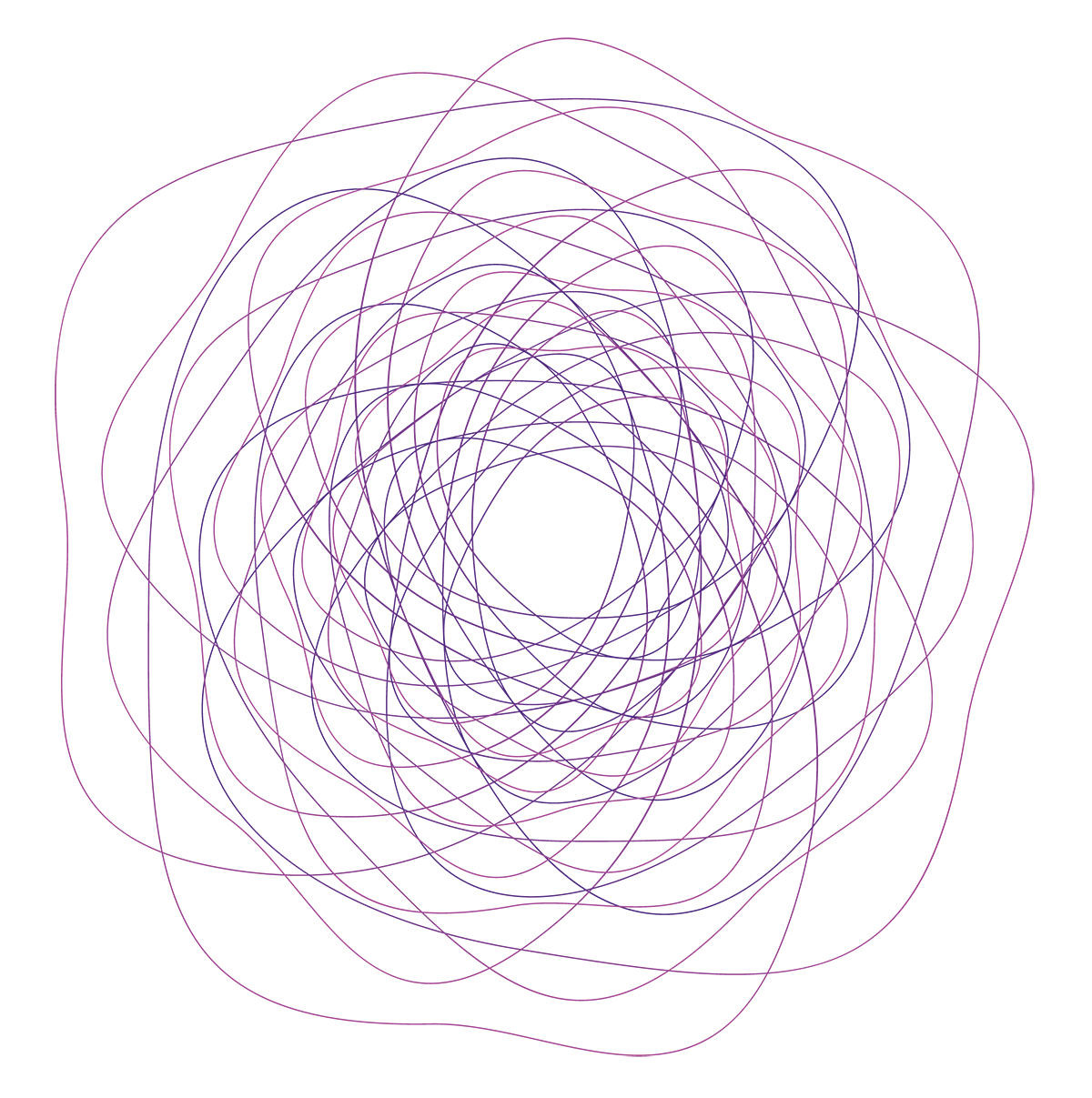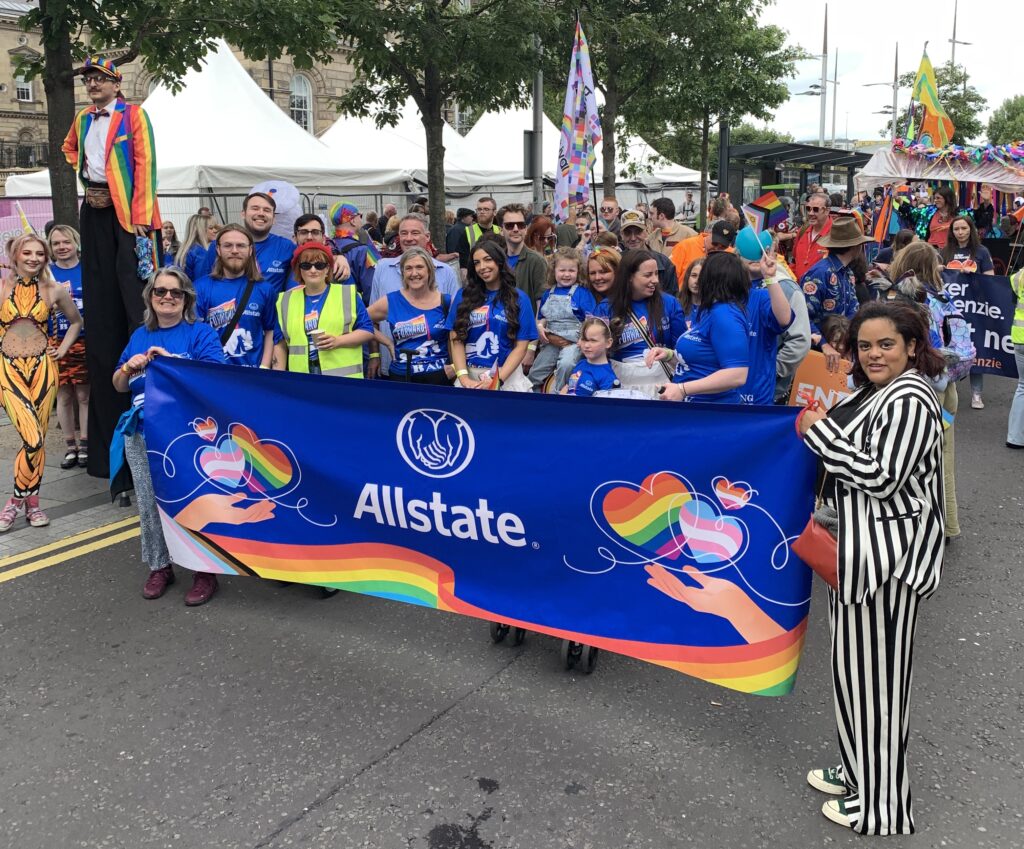
Allstate NI is a Gold Charter Signatory of Diversity Mark.
What is reverse mentoring?
Mentoring is the act of one individual (usually someone more senior) helping another to develop, progress and grow in their career, through one-to-one guidance and support – its often cited as an extremely effective way to support under-represented groups within an organisation.
Reverse mentoring puts a twist to the relationship dynamic so the leader becomes the mentee and the individuals from marginalized communities share their unique experiences, challenges, and perspectives.
It is a powerful approach that aims to dismantle biases, foster empathy, and develop effective strategies to better support more of Allstate colleagues.
Embrace, their LGBTQ+ staff network group, launched its pilot reverse mentorship programme last year. Some of those that participated in it shared their views on what it meant for them.
Stephen McKeown:
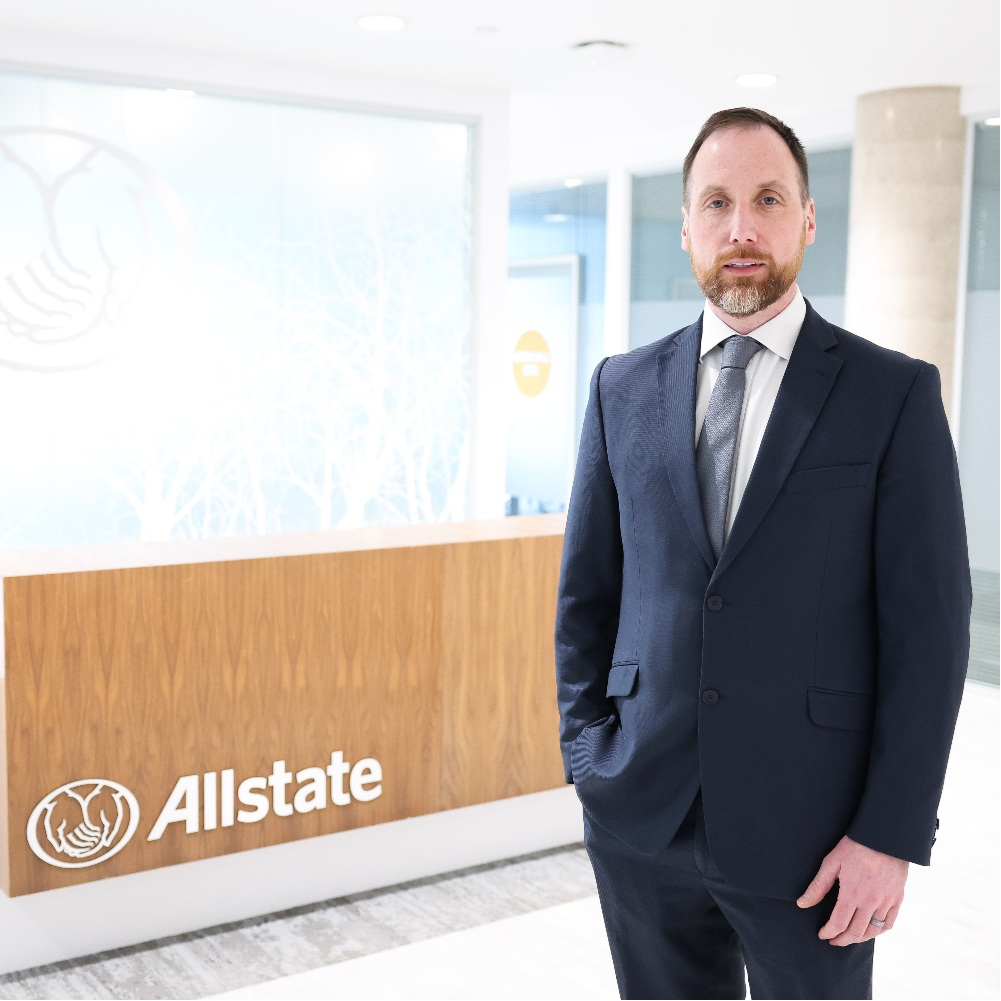
Participating as a mentee in Embrace’s Reverse Mentorship Programme was both thought-provoking and humbling. Going into the programme, my aspiration was to better understand the lived experiences of LGBTQ+ colleagues and to challenge my own assumptions as a leader. What I gained was an even deeper appreciation of inclusion, the courage it takes to be authentic in the workplace, and the responsibility everyone has to foster a culture where people feel seen and heard. It is a programme that I know will have a lasting impact
Joy Chambers:
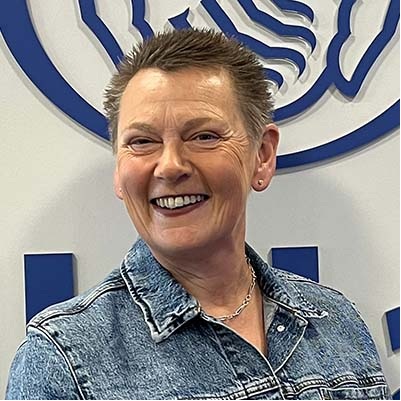
Participating in the Embrace reverse mentorship programme was a powerful experience. It created a safe space for open, honest conversations and helped build deeper understanding between LGBTQ+ colleagues and senior leaders. Initiatives like this are vital for fostering empathy, breaking down barriers, and creating a more inclusive workplace. I’d encourage anyone to take part in future events – you’ll gain more than you expect, and help shape a culture where everyone feels seen, heard, and valued.
Siobhan Holland:
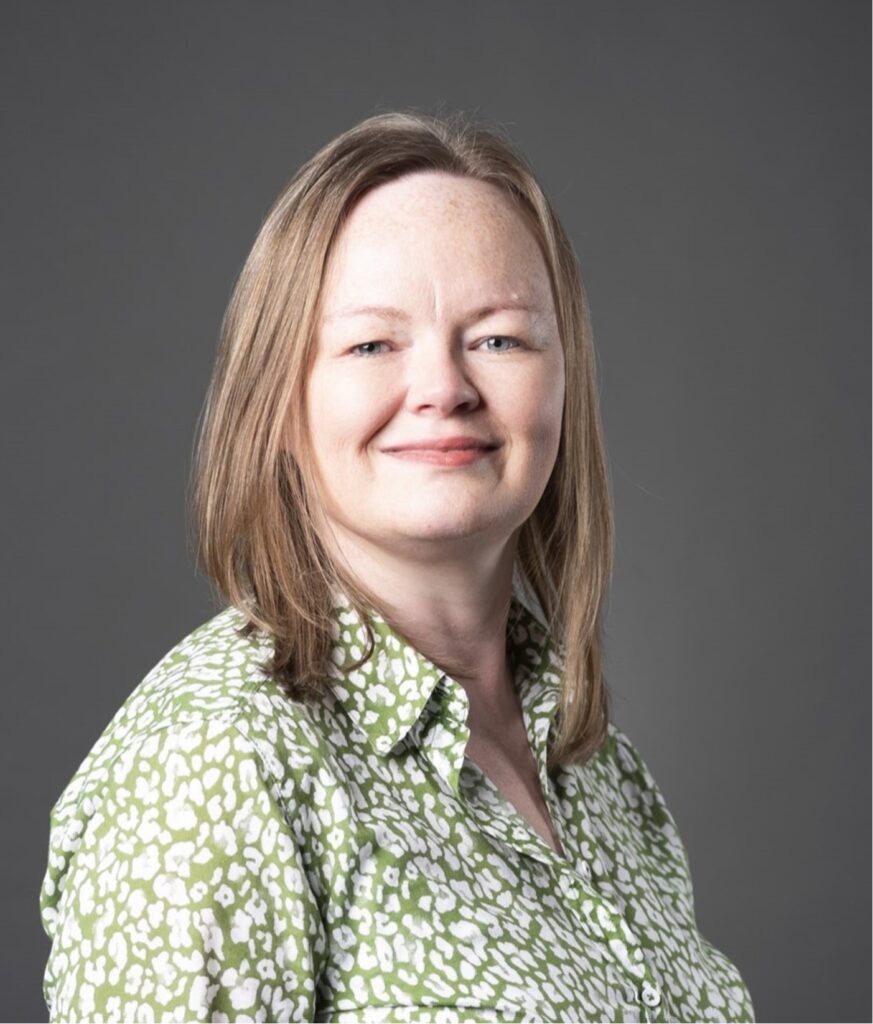
Going into the programme, I wanted to better understand real life stories from LGBTQ+ colleagues and feel more confident having thoughtful, informed conversations – especially with younger relatives who are growing up in a more open and diverse world. What stood out most was the openness of the dialogue, where my mentor created a safe and honest space for me to ask questions, reflect on my assumptions, and realise just how diverse and individual those experiences are. It’s helped me grow as a leader by giving me the confidence to approach difficult conversations and drive inclusion-focused strategies without hesitation, and it’s also made me feel more confident chatting with younger family members in a way that feels natural, respectful, and real.
Susan Walker:
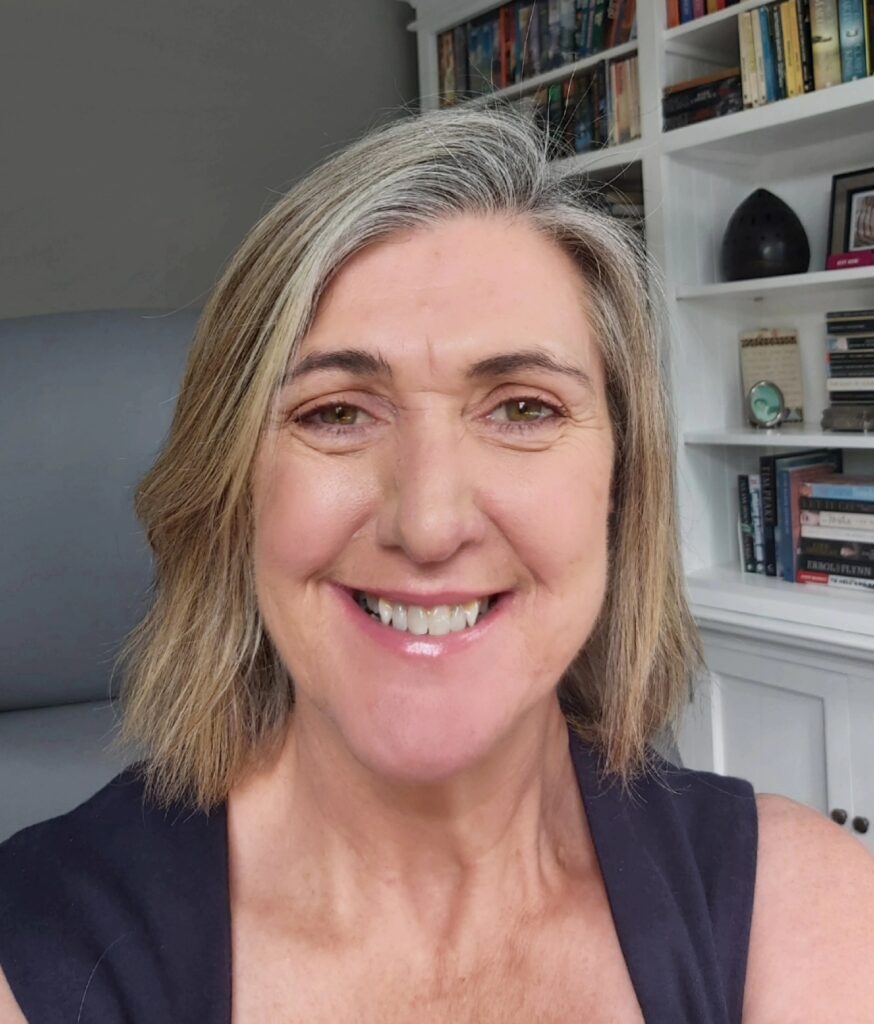
Participating as a mentee in Embrace’s Reverse Mentorship Programme has been an eye-opening and enriching experience. It offered a unique opportunity to learn directly from LGBTQ+ colleagues about the challenges they face, both overt and subtle, in the workplace.
One of the most impactful aspects was the candid, respectful dialogue that the programme encouraged. My mentor shared personal experiences that highlighted the importance of inclusive language, the emotional toll of constantly scanning for signs of psychological (and physical) safety, and the barriers to authenticity that many LGBTQ+ individuals encounter daily. These conversations helped me reflect on my own assumptions and gave me practical insights into how I can be a more effective ally. The structure of the programme—regular one-on-one sessions with suggested topics to help with dialogue—created a safe space for meaningful conversations. I would highly recommend this programme to anyone interested in developing their appreciation and understanding of their fellow colleagues, family members or friends from the LGBTQ+ community.
Marianna Higgins:
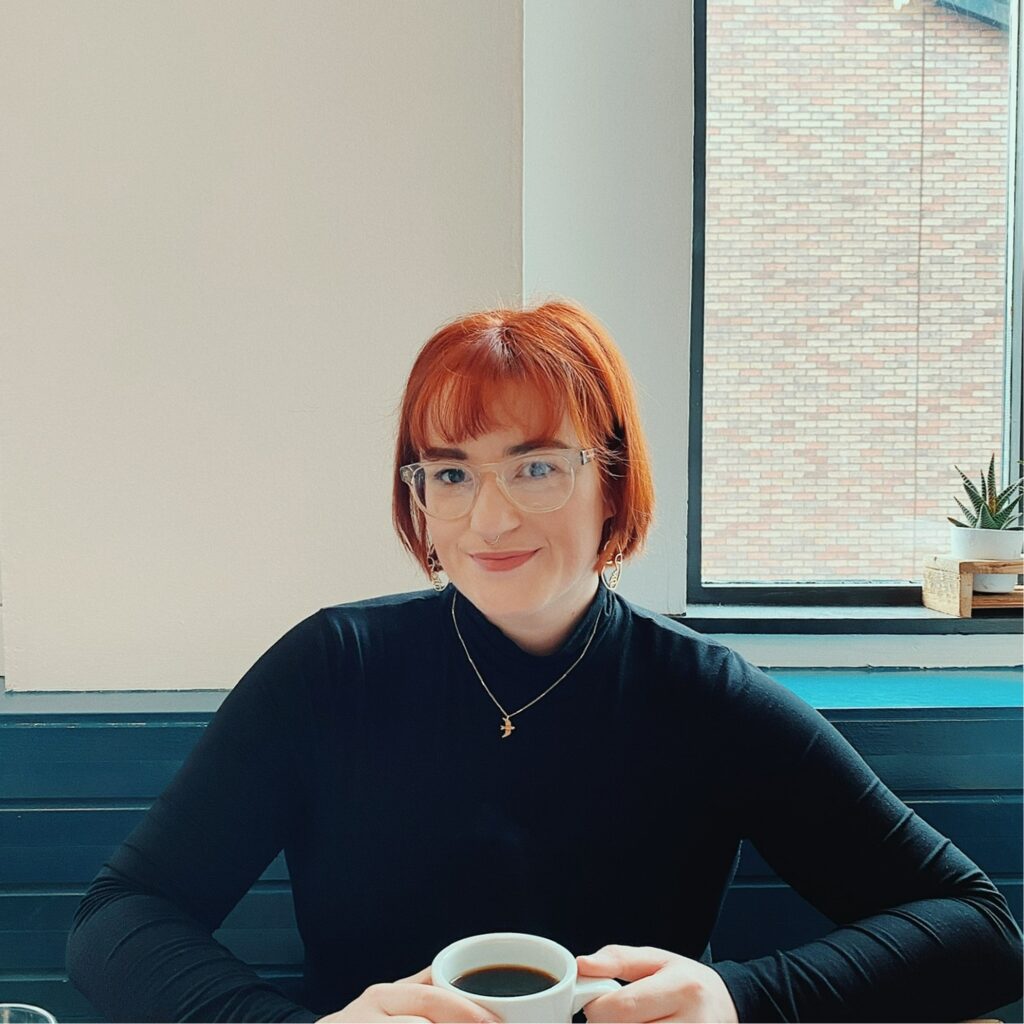
When I first joined the reverse mentorship programme, I was a bit nervous. As an LGBTQ+ person my own experiences are so normal to me that I questioned how it could benefit someone else, especially to senior leaders who were far more experienced than me.
I was pleasantly surprised at just how open and receptive my mentees were. Our conversations became something I genuinely looked forward to. We covered a wide range of topics, and I really have to credit my mentees for their honesty and willingness to learn. It takes courage to say, “I actually don’t really understand much about this, but I’d like to know more.”
This programme reminded me how powerful lived experience can be as a tool for education and connection. My biggest takeaway was the chance to get to know senior leaders on a more personal level and to gain more confidence in the value of what I know. I hope my mentees took away something valuable from our chats that they can carry into both their daily and professional lives.
Rachel Hall:
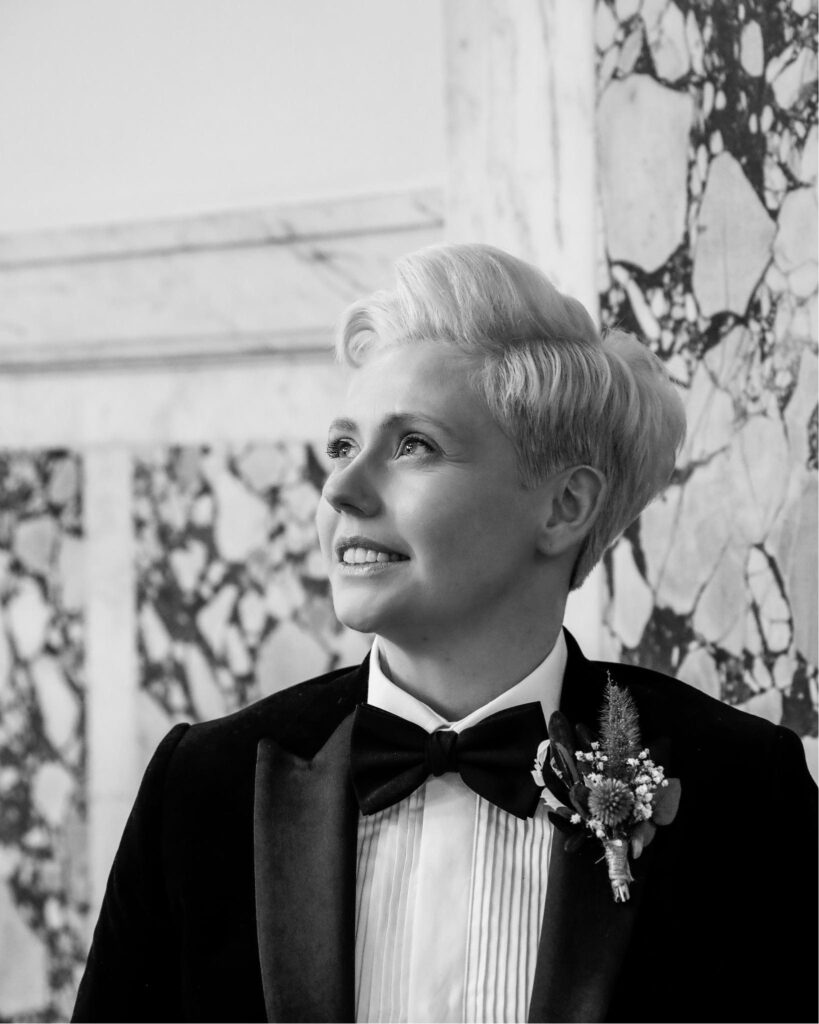
There was a sense of nervousness, on my part at least, conducting the initial meetings with my mentees. That quickly subsided! I felt at ease, and I relished the chance to speak with women that are more senior in position, an opportunity not easy to often come upon.
With each meeting I grew in confidence speaking of my own experiences, while being asked questions I had never thought I could answer. Throughout the meetings, I felt totally heard by my mentees, they engaged fully and attentively and wanted to hear about real experiences. I got the chance to express thoughts and feelings that I never would have before, mainly because there has never been a platform upon which to express them. I do not speak for every gay, lesbian, queer, or trans woman out there, but from my individual perspective, my mentees gained some understanding and insight (I hope) about how different topics and agendas can affect me. I feel myself using the term ‘never’ a great deal with writing this, I think that speaks volumes to the fact nothing like this has ever been done before, a credit to our Embrace chairs and those involved in organizing.
We all spoke of the importance of being ‘real’. Not doing something because it looks good on paper or it’s something that is good for the PR side of the business, but having real conversations, about real-life issues that are faced by real people in their everyday lives. I was honest in everything we spoke about; I never felt any pressure to say the ‘right’ thing, and at times I think my mentees probably were surprised at some of my opinions! Again, proof that we never know how people will feel about a topic/experience/situation, unless we give them a platform upon which to overtly tell us. Embrace have done an amazing job on this project; I am proud to be part of it!
If you would like to know how Diversity Mark can support your organisation in its EDI journey, book a call with us.
